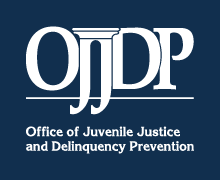Perpetration of Adolescent Dating Relationship Abuse: The Role of Conditional Tolerance for Violence and Friendship Factors
Journal
Journal of Interpersonal Violence
Date Published
2020
Agencies
NIJ-Sponsored
Publication Type
Research (Applied/Empirical)




